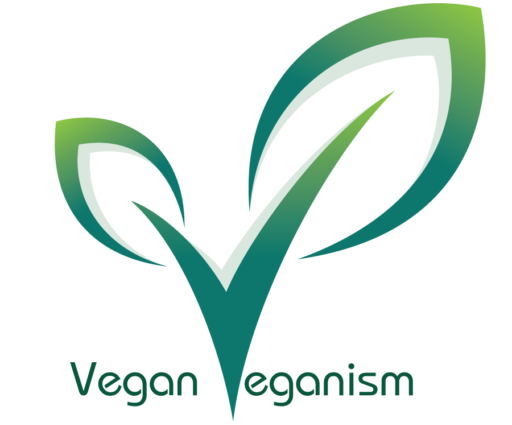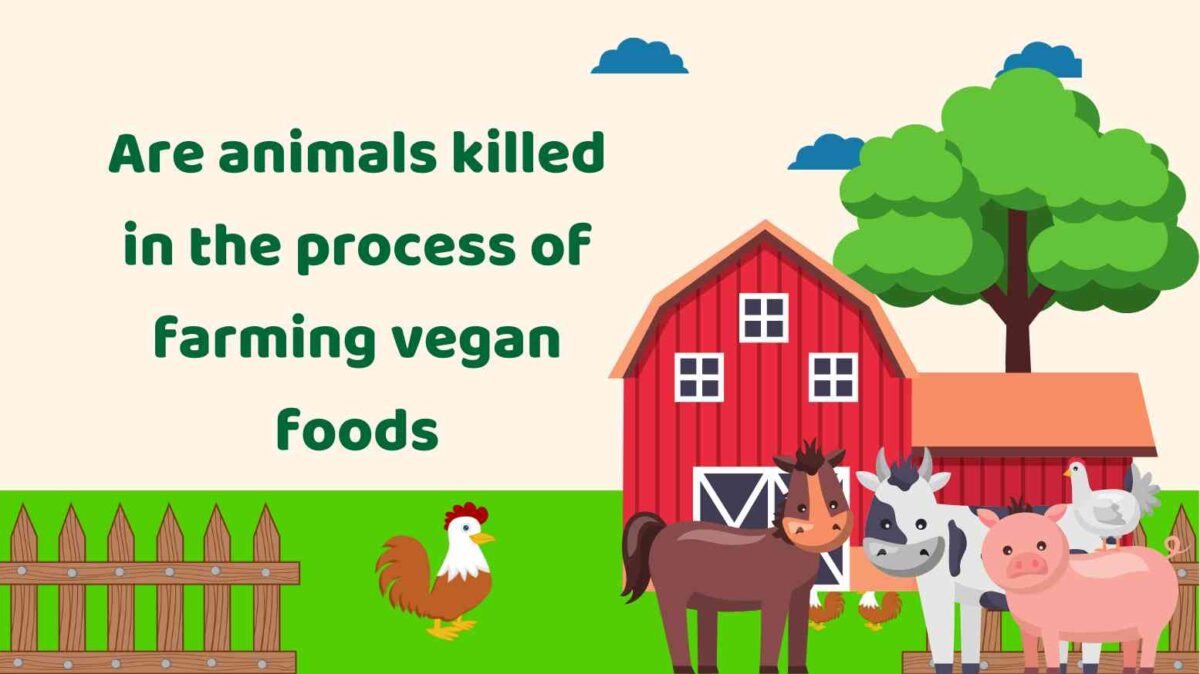Often praised for its moral stand against the direct exploitation and killing of animals for food, veganism draws attention to crop farming, which is an essential component of food production. Vegan diets forgo the consumption of animal products, yet there are unforeseen implications for wildlife when crops are grown.
This article explores the nuanced connection between veganism and “whether are animals killed in the process of farming vegan foods”.
What are the unintended harms associated with vegan crop farming?
Machinery and Habitat Loss
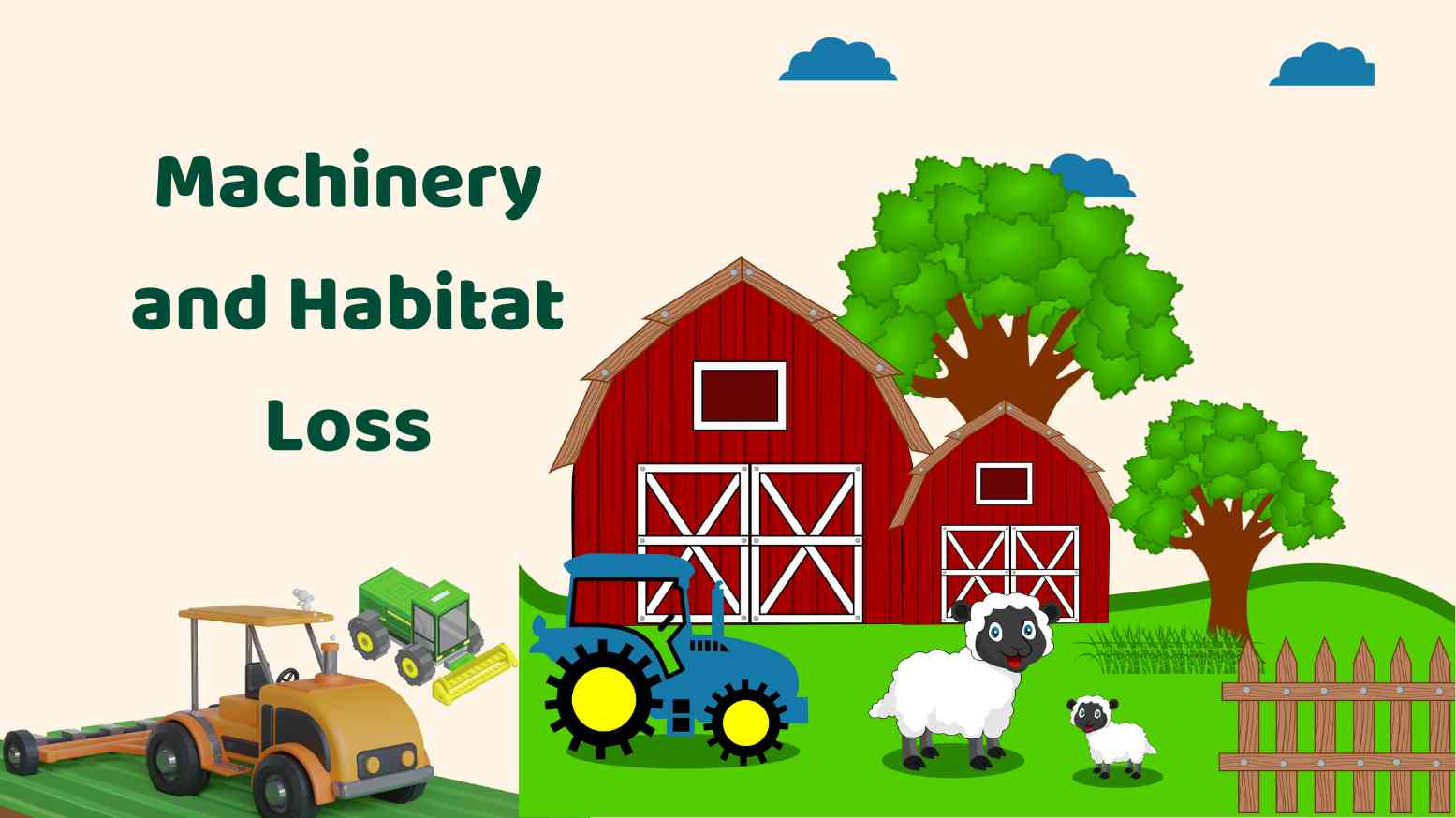
The tools used in agricultural cultivation, such as harvesting equipment, can be dangerous to small creatures including insects, rodents, and reptiles. These animals may unintentionally suffer harm or even perish due to the automated farming procedures. Furthermore, the loss of habitat brought on by agricultural land development frequently results in the displacement and injury of species.
Pesticides and Herbicides
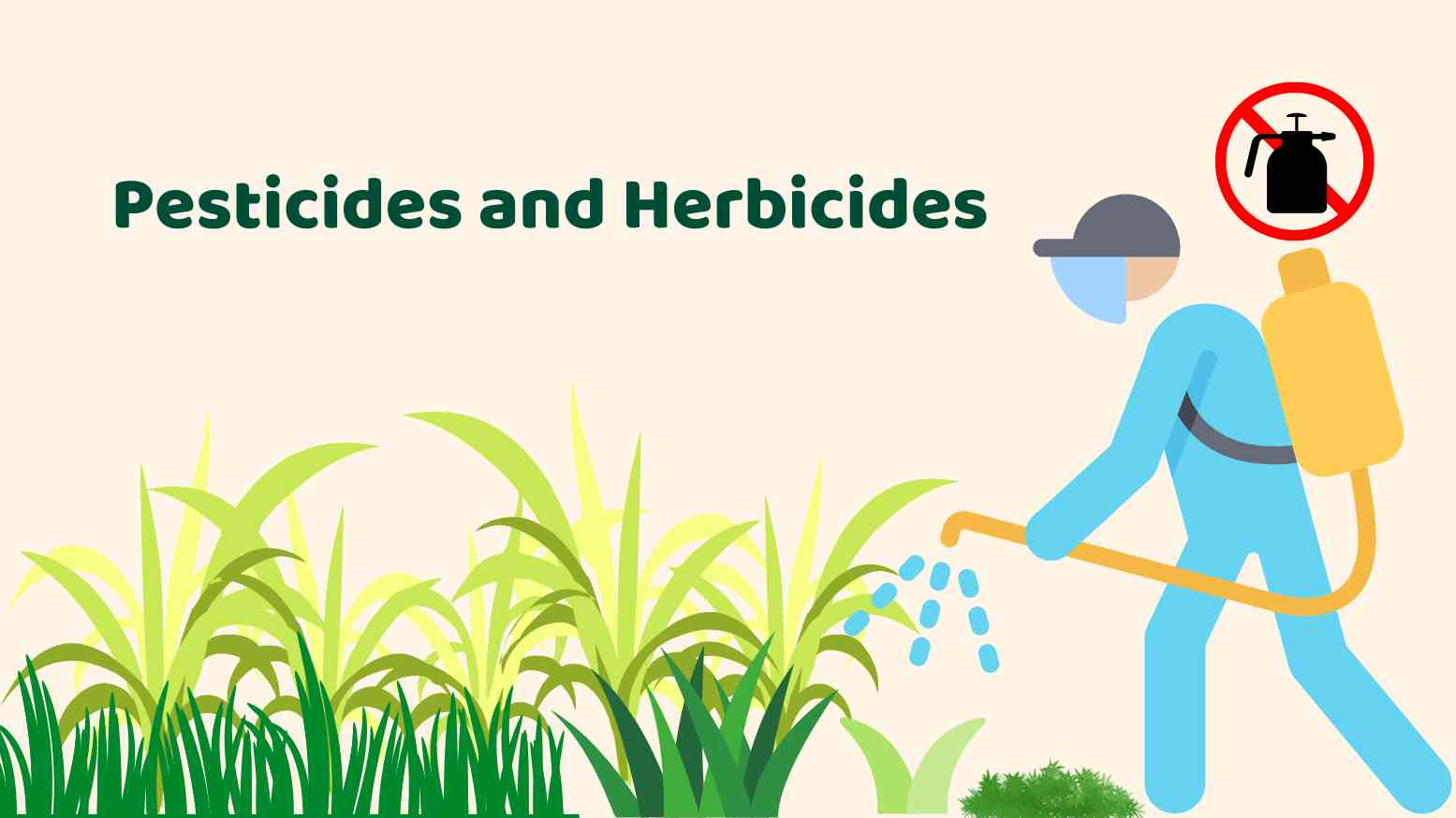
Although necessary for protecting crops, chemicals used to manage weeds and pests may inadvertently endanger birds, beneficial insects, and aquatic life. Concerns are raised over the wider effects of pesticide use on ecosystems and the animals that live there due to its careless application.
Fertilizer Runoff
Fish and other aquatic species may be in danger if fertilizer runoff causes algal blooms and oxygen depletion in streams. Despite being a consequence of crop growing, this chemical pollution adds to the total harm that the environment causes to wildlife.
Is the scale equal to animal slaughter?
It’s important to place the unintended harm caused by vegan crop growing in context even as we acknowledge its existence. Even if they are substantial, the number of animals impacted by plant-based agriculture is insignificant when compared to the enormous number of animal fatalities connected to animal agriculture.
Every year, billions of land animals are raised and killed for meat, dairy products, and eggs. These animals go through a great deal of misery during their lives, and the industry also indirectly affects other wildlife by causing deforestation, greenhouse gas emissions, and water pollution.
How can you minimize animal killings as a vegan?
Precision Agriculture
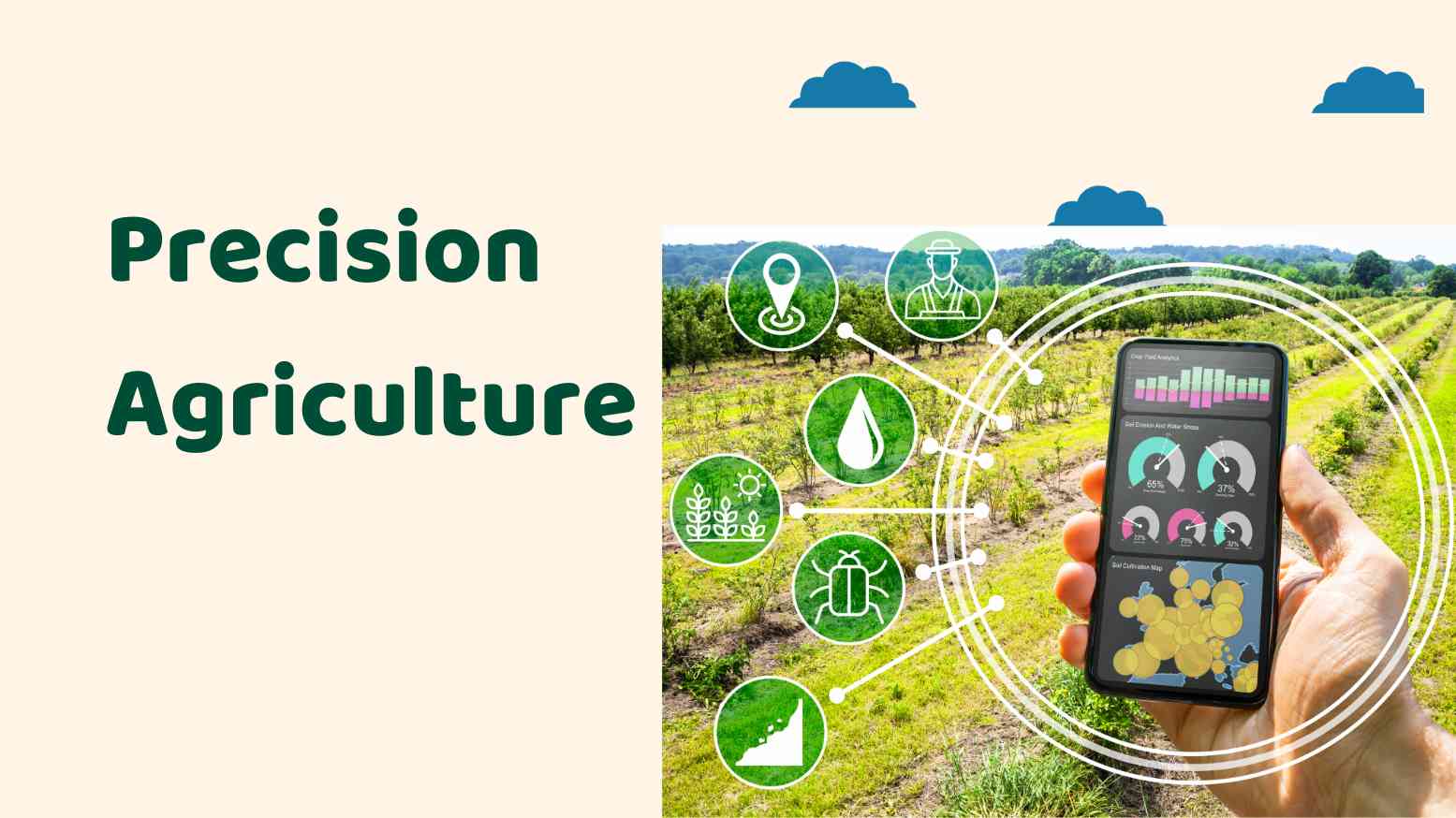
Wildlife damage can be reduced by using precision agriculture techniques like robotic harvesting and targeted pesticide administration. This method seeks to maximize productivity while minimizing the ecological impact of farming operations.
Organic Farming
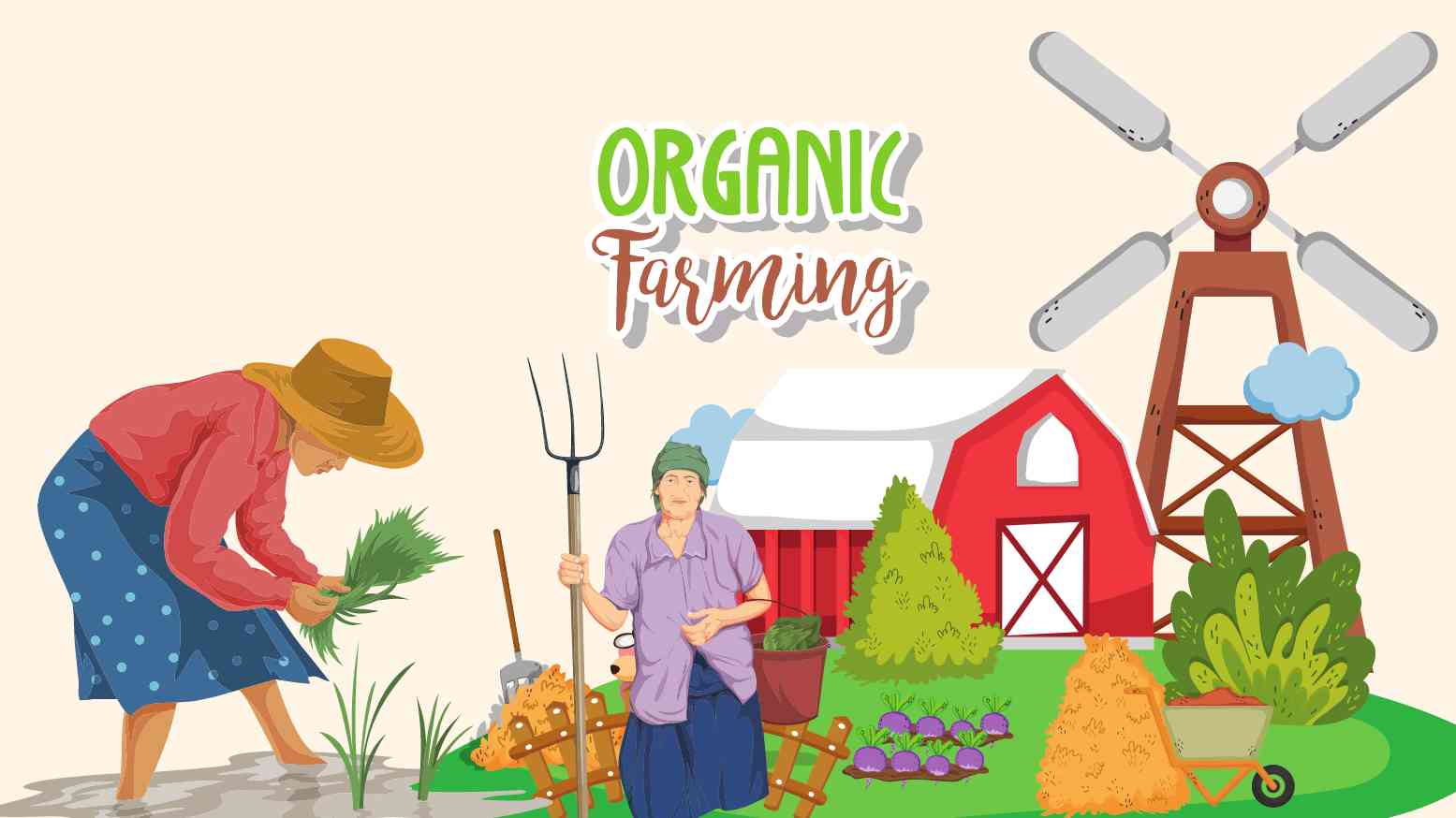
Organic farming methods will greatly lessen chemical pollution and its negative effects on animals because they do not use artificial fertilizers or pesticides. Ecological sustainability and biodiversity are given first priority in organic farming.
Supporting Sustainable Farms
By purchasing goods from producers dedicated to environmentally friendly farming methods, consumers can contribute to the cause of ethical food production. Encouraging sustainable farming practices helps to bring agriculture and wildlife into a more harmonious equilibrium.
Reducing Overall Consumption
Reducing overall consumption decreases the need for large-scale food production, regardless of the source of food. Consequently, this mitigates the related effects on the environment and animal welfare, in line with the sustainable development principles.
In conclusion, even while adopting a vegan diet is a noble attempt to lessen animal suffering in comparison to eating an animal-based diet, it is important to recognize that plant-based agriculture may inadvertently do harm.
We can work toward a more compassionate and ecologically conscious food system by supporting mindful consumerism, precision agriculture, and sustainable farming methods. One of the most important steps toward realizing a truly humane future in vegan crop production is the road toward reducing unexpected consequences.
You may also like:
- Is a vegan diet the ideal human diet
- What are people’s reasons for not going vegan
- What is the difference between a vegan and a vegetarian
FAQs
1. What are the unintended harms associated with vegan crop farming?
This section explores the unintentional consequences of vegan crop farming, including machinery-related harm, pesticide and herbicide impacts, and fertilizer runoff affecting aquatic life.
2. Is the scale of unintended harm in vegan crop farming comparable to animal slaughter in agriculture?
This question addresses the comparison between the unintended harm caused by vegan crop farming and the significant number of animal fatalities linked to animal agriculture.
3. How does animal agriculture contribute to a massive toll on wildlife?
This question delves into the extensive impact of animal agriculture, detailing the billions of land animals raised and slaughtered annually, along with their associated environmental consequences.
4. How can veganism minimize animal killings in crop farming?
Explore the potential solutions to mitigate harm in vegan crop farming, including precision agriculture techniques, organic farming methods, and supporting sustainable farming practices.
5. What is precision agriculture, and how does it reduce harm to wildlife?
This question explains the concept of precision agriculture and its role in minimizing harm to wildlife through targeted pesticide administration and robotic harvesting.
6. How can consumers contribute to ethical food production and reduce unintended harm?
This question focuses on the role of consumers in advocating for ethical food production by supporting sustainable farms and reducing overall consumption to mitigate environmental and animal welfare impacts.
